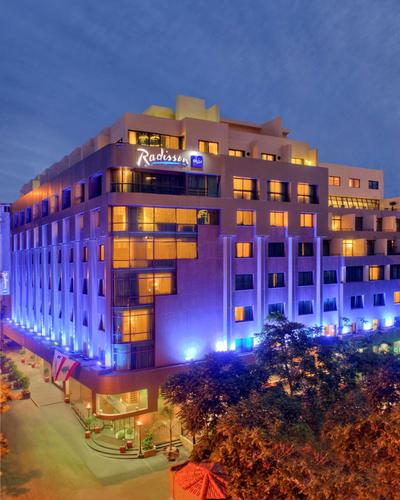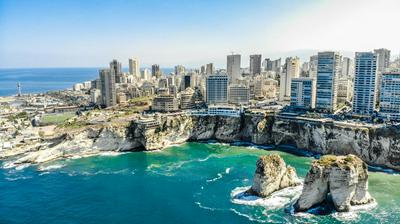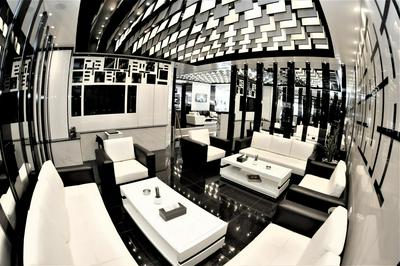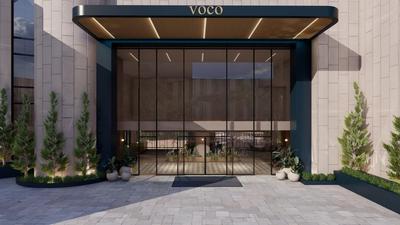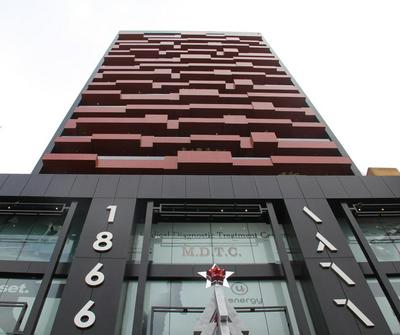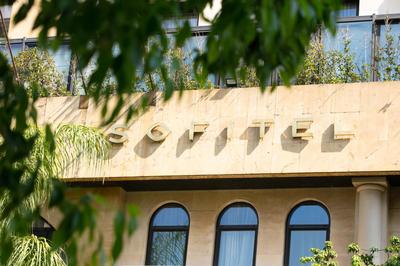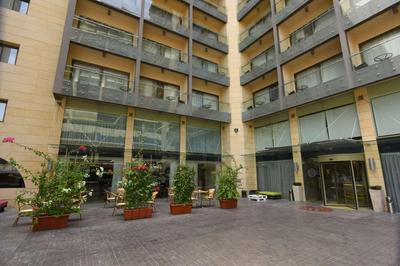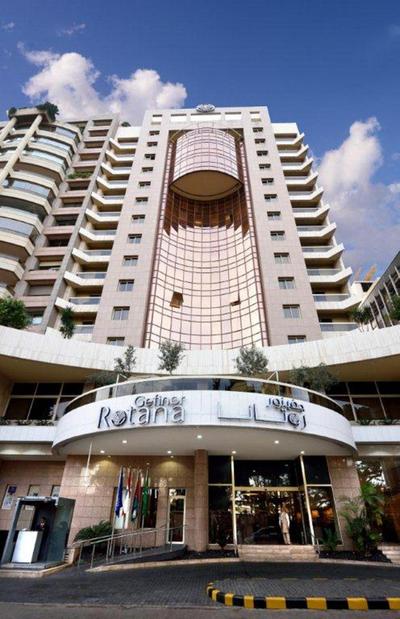When to visit Lebanon during the year?
Lebanon's climate varies between the Mediterranean along the coast and the mountainous regions. The best time to visit is during spring (March to June) when flowers bloom, and temperatures are mild, perfect for hiking in the mountains. Summer (June to September) draws crowds, particularly to Beirut's beaches and the historic Byblos. Autumn (September to November) showcases stunning foliage in the mountains, while winter (December to February) offers skiing in the Cedars. Popular activities include visiting the ancient ruins of Baalbek in spring and enjoying outdoor festivals in summer.
How to get to Lebanon?
Lebanon is easily accessible by various modes of transport, making it convenient for travelers from around the world. The main entry point is Rafic Hariri International Airport in Beirut, but there are several bus and car routes connecting neighboring countries.
- Main Airport: Rafic Hariri International Airport (BEY) in Beirut connects major cities worldwide, including:
- North America: New York (JFK)
- Europe: London (LHR)
- Asia: Doha (DOH)
- Africa: Cairo (CAI)
- Oceania: Sydney (SYD)
- Low-cost Airlines: Middle East Airlines offers competitive prices on regional flights.
- Flight times vary; from New York to Beirut, it's about 12 hours.
- Main station: Charles Helou Bus Station in Beirut.
- Connects cities such as Tripoli, Sidon, and Tyre.
- International train traffic is limited; tours often operate by bus.
- Main highways include the Beirut-Damascus Highway connecting Syria.
- Distances: Beirut to Damascus is approximately 85 km, taking around 2 hours.
- Road conditions are generally acceptable, but check for any travel advisories.
Tourist activities in Lebanon
Lebanon is a treasure trove of activities across its diverse landscapes and vibrant cities. For history enthusiasts, the Roman ruins of Baalbek and the ancient city of Byblos are must-see attractions that echo the country's rich past. Nature lovers can hike in the breathtaking Qadisha Valley or enjoy the stunning views of the Cedars of God, a UNESCO World Heritage site. On the Mediterranean coast, beachgoers will find charming spots in Jbeil (Byblos) and Batroun, perfect for relaxation and water sports. For a taste of the local nightlife, Beirut offers a bustling scene with a myriad of bars and clubs catering to various tastes. The Beqaa Valley invites wine connoisseurs to indulge in some of the best wines in the region, from the famed Ksara Winery to smaller vineyards offering unique blends. Art lovers should not miss the vibrant scene in Ashrafieh, full of galleries showcasing local talent. With so much to explore, Lebanon caters to every kind of traveler, making it a dynamic destination throughout the year.
Accommodation in Lebanon
Lebanon offers a diverse range of accommodations to fit every traveler's needs and budget. In Beirut, you'll find luxury hotels like the Four Seasons and Le Gray, which can range from $250 to $500 a night. Mid-range hotels and boutique accommodations offer comfort and charm, typically costing between $80 and $150. If you prefer more private experiences, consider renting an apartment or villa, with prices varying widely but often starting at $50 per night. In popular areas like Jbeil and the Beqaa Valley, guesthouses and homestays provide authentic local experiences, averaging around $30 to $100. Seasonal variations influence prices significantly, especially during the summer tourist season and winter ski periods in the mountains, where prices may double. Regardless of your choice, you'll find options that allow you to savor the Lebanese spirit and hospitality.
Food in Lebanon
Lebanese cuisine is a delightful fusion of flavors, known for its freshness and healthy ingredients. Famous dishes include mezze platters featuring hummus, tabbouleh, and baba ghanoush, often served with warm pita. Don't miss trying the succulent shawarma, grilled kebabs, and the traditional dish of kibbeh. Meals are typically enjoyed in a communal setting, allowing you to sample various dishes. A typical meal at a mid-range restaurant costs around $15 to $30 per person, while street food, such as manakish and falafel, offers delicious options for just a few dollars. For drinks, Lebanese wines are renowned, with local varieties like Merlot and Cabernet Sauvignon making a significant mark in the wine world. Be sure to explore local eateries in places like Mar Mikhael for authentic culinary experiences.
Important numbers and information
- Emergency Services: Police - 112, Ambulance - 140, Fire Brigade - 175
- Embassy Contacts: U.S. Embassy - (+961) 4-543-600, UK Embassy - (+961) 5-954-400
- Airports: Rafic Hariri International Airport, Beirut, Address: Airport Rd, Beirut
- Currency: Lebanese Pound (LBP), Payment Methods: Credit cards widely accepted, cash for smaller establishments
- Visa Regime: Visa on arrival for many nationalities; check local regulations
What to see in Lebanon?
Lebanon boasts a rich tapestry of sights that reflect its storied history and stunning natural landscapes. As you explore the bustling capital, don’t miss the National Museum of Beirut, where you can delve into the country’s archaeological treasures. The ancient ruins of Baalbek, often touted as the finest Roman relics in the Middle East, beckon history buffs. The picturesque city of Byblos not only offers a charming harbor but also ancient ruins, a must for any traveler. Nature enthusiasts should venture to the Qadisha Valley, dotted with ancient monasteries and breathtaking hikes. The Jbeil (Byblos) beach is perfect for a sunny day by the Mediterranean, while the Cedars of God in the north serve as a cool retreat during the hotter months. Lastly, the vibrant streets of Beirut promise a lively atmosphere, with cafes and boutiques that reflect the city’s modern pulse. These destinations collectively offer an enriching experience, showcasing Lebanon's diverse appeal.
History, geography and climate
Lebanon's history is profound, shaped by various civilizations such as the Phoenicians, Romans, and Ottomans. The country witnessed a rich cultural tapestry, evident in its architecture and traditions. Geographically, Lebanon is a narrow strip bordered by the Mediterranean Sea, with the stunning Lebanese Mountains running parallel to the coast. The Bekaa Valley lies to the east, providing fertile land for agriculture and vineyards. The climate ranges from a Mediterranean coastal climate to a more continental climate inland, with average temperatures varying from a mild 15°C in winter to a scorching 30°C in summer. This diversity in landscape and weather makes Lebanon not only picturesque but also a country full of history waiting to be explored.
Population and culture
With a population of approximately 6 million, Lebanon is a mosaic of cultures, languages, and religions. Arabic is the official language, while French and English are also widely spoken, particularly in urban areas. The predominant religions are Islam and Christianity, coexisting over centuries and contributing to the country’s rich cultural heritage. Lebanese culture is vibrant, celebrated through festivals like Eid, Christmas, and tourism-focused events such as the Beirut International Film Festival. Lebanese hospitality is renowned worldwide; sharing food and stories often serve as a warm welcome. Unique cultural features include traditional music, dance (like the famous ‘Dabke’), and a blend of modern and ancient influences that make Lebanon a captivating destination.

